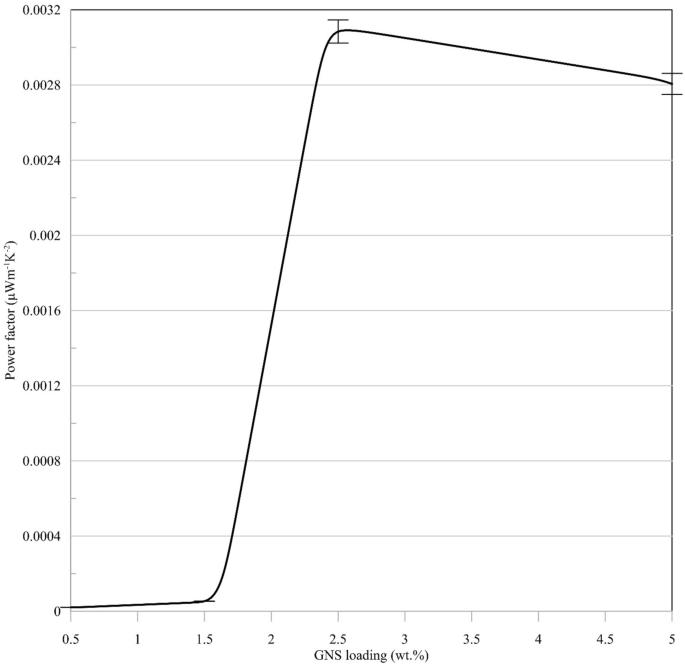Preparation of polyaniline/graphene coated wearable thermoelectric fabric using ultrasonic-assisted dip-coating method
IF 3.6
Q2 MATERIALS SCIENCE, MULTIDISCIPLINARY
引用次数: 19

超声辅助浸涂法制备聚苯胺/石墨烯涂层可穿戴热电织物
本文章由计算机程序翻译,如有差异,请以英文原文为准。
求助全文
约1分钟内获得全文
求助全文
来源期刊

Materials for Renewable and Sustainable Energy
MATERIALS SCIENCE, MULTIDISCIPLINARY-
CiteScore
7.90
自引率
2.20%
发文量
8
审稿时长
13 weeks
期刊介绍:
Energy is the single most valuable resource for human activity and the basis for all human progress. Materials play a key role in enabling technologies that can offer promising solutions to achieve renewable and sustainable energy pathways for the future.
Materials for Renewable and Sustainable Energy has been established to be the world''s foremost interdisciplinary forum for publication of research on all aspects of the study of materials for the deployment of renewable and sustainable energy technologies. The journal covers experimental and theoretical aspects of materials and prototype devices for sustainable energy conversion, storage, and saving, together with materials needed for renewable fuel production. It publishes reviews, original research articles, rapid communications, and perspectives. All manuscripts are peer-reviewed for scientific quality.
Topics include:
1. MATERIALS for renewable energy storage and conversion: Batteries, Supercapacitors, Fuel cells, Hydrogen storage, and Photovoltaics and solar cells.
2. MATERIALS for renewable and sustainable fuel production: Hydrogen production and fuel generation from renewables (catalysis), Solar-driven reactions to hydrogen and fuels from renewables (photocatalysis), Biofuels, and Carbon dioxide sequestration and conversion.
3. MATERIALS for energy saving: Thermoelectrics, Novel illumination sources for efficient lighting, and Energy saving in buildings.
4. MATERIALS modeling and theoretical aspects.
5. Advanced characterization techniques of MATERIALS
Materials for Renewable and Sustainable Energy is committed to upholding the integrity of the scientific record. As a member of the Committee on Publication Ethics (COPE) the journal will follow the COPE guidelines on how to deal with potential acts of misconduct. Authors should refrain from misrepresenting research results which could damage the trust in the journal and ultimately the entire scientific endeavor. Maintaining integrity of the research and its presentation can be achieved by following the rules of good scientific practice as detailed here: https://www.springer.com/us/editorial-policies
 求助内容:
求助内容: 应助结果提醒方式:
应助结果提醒方式:


